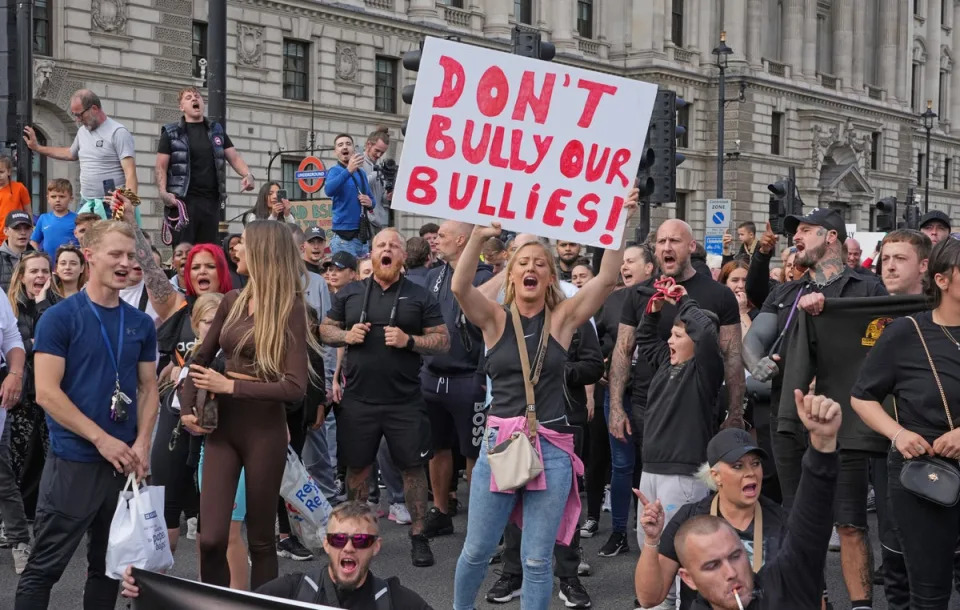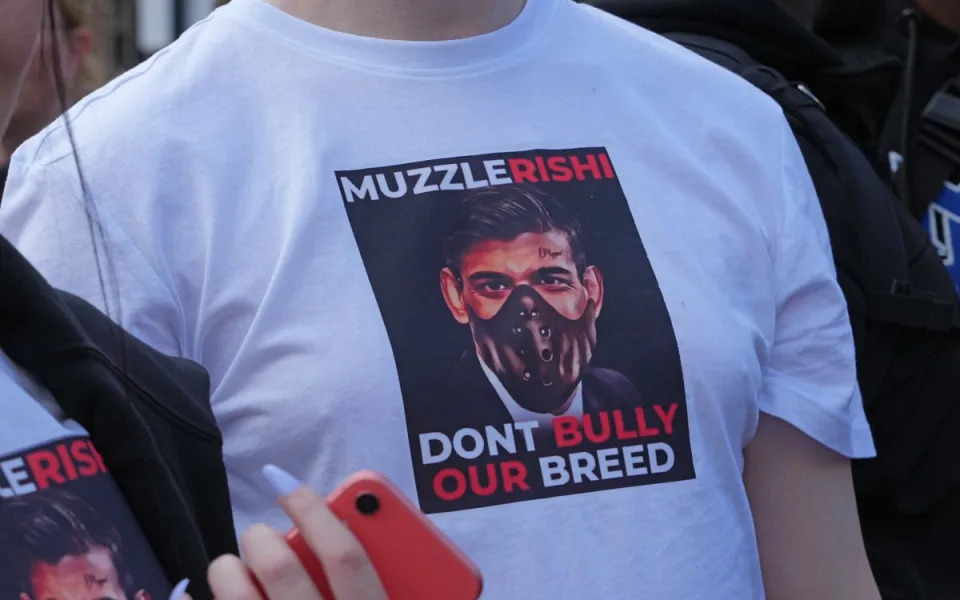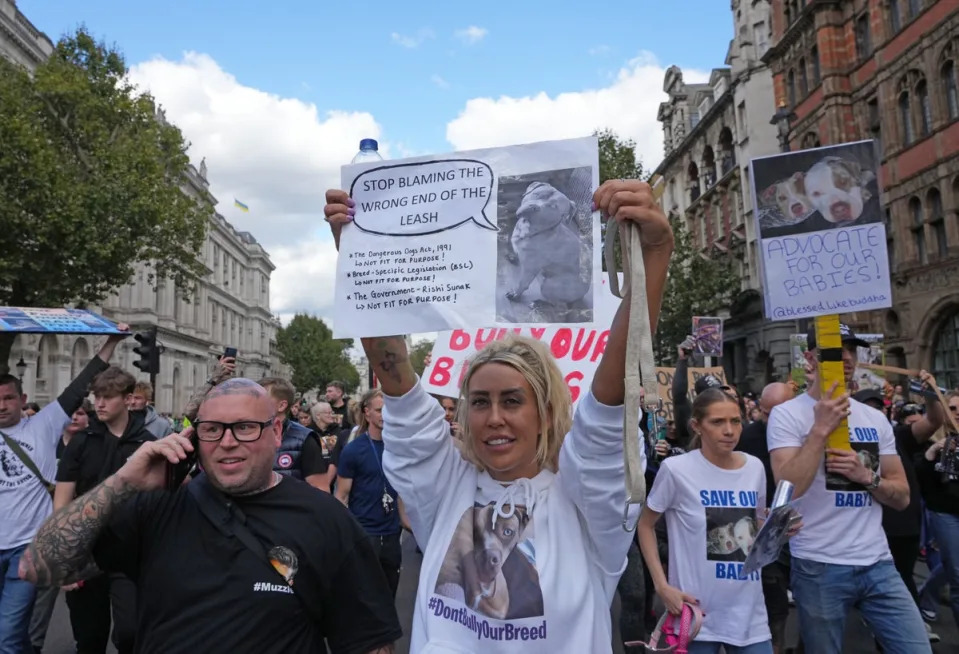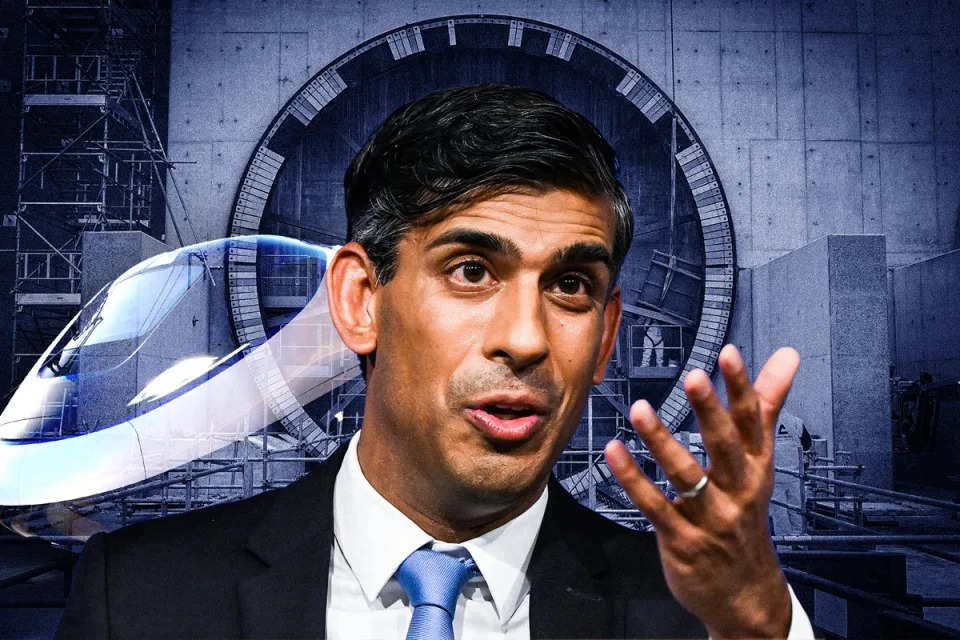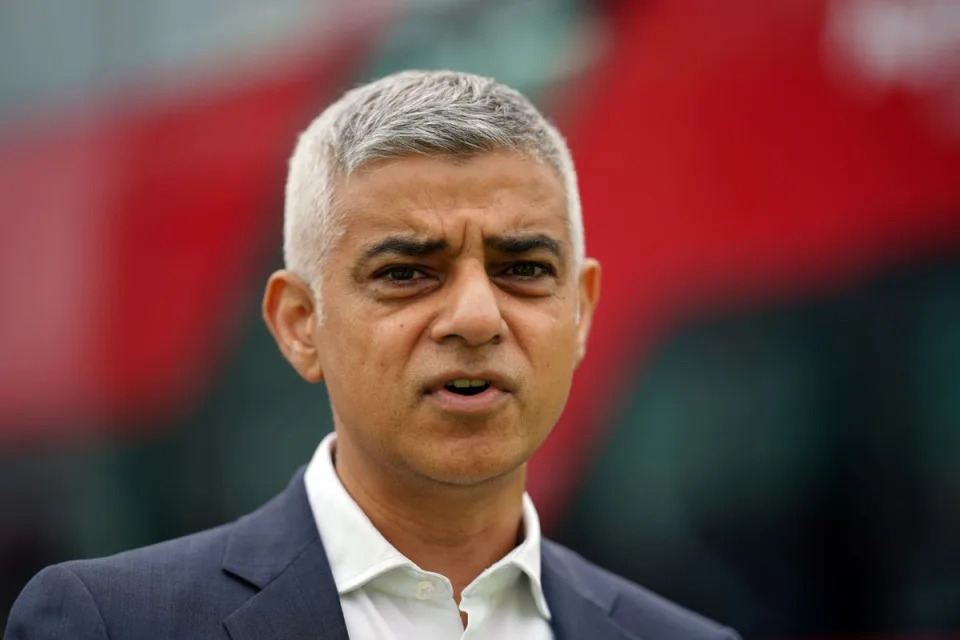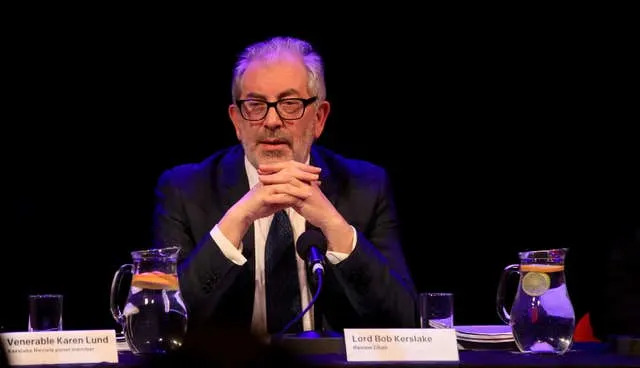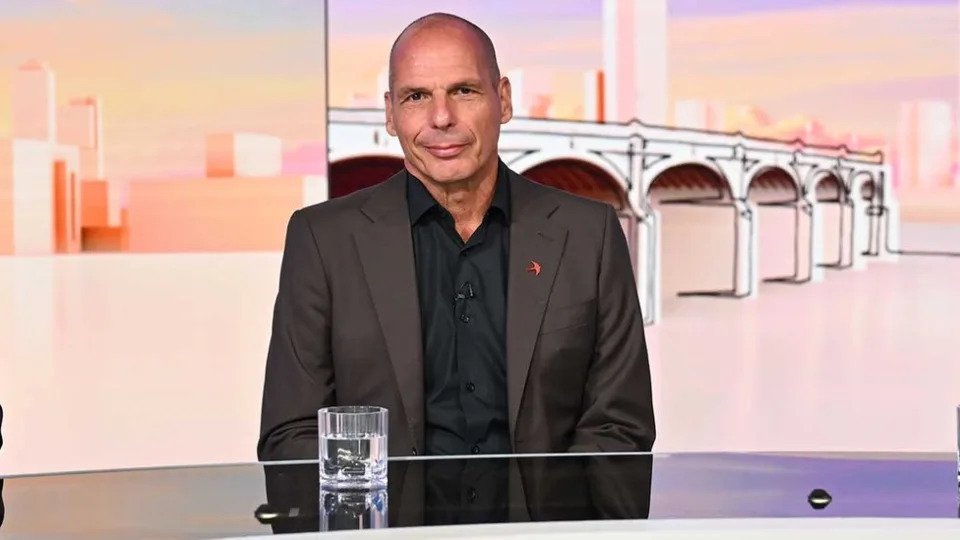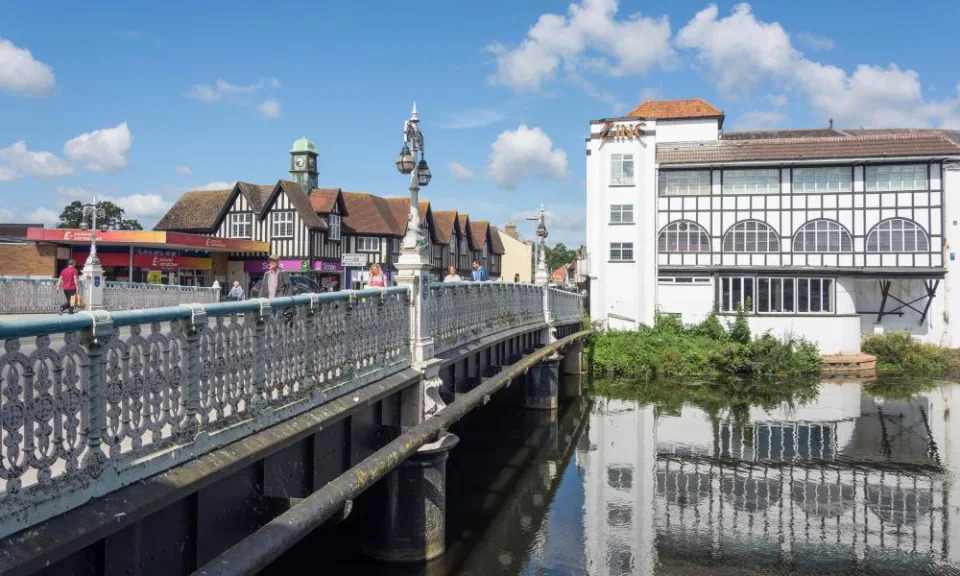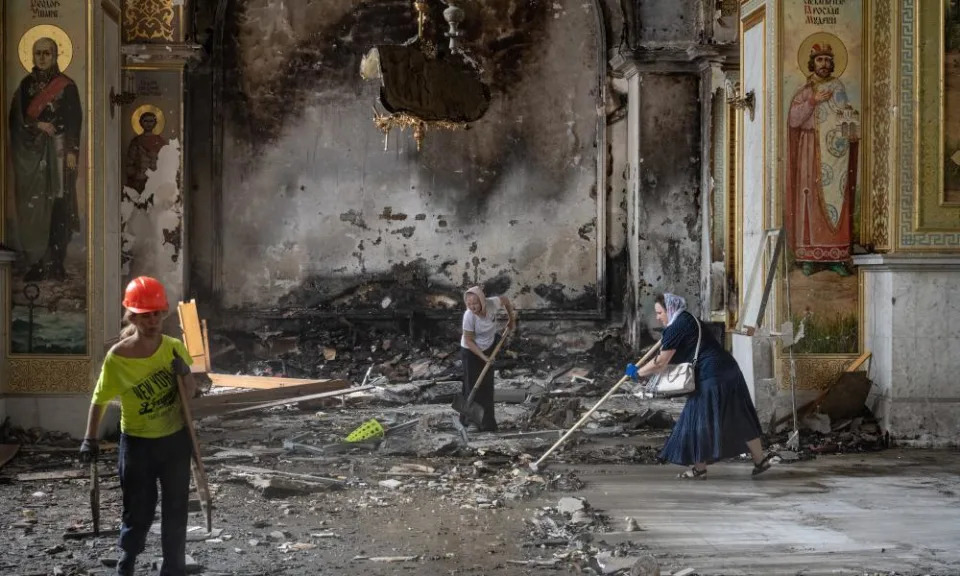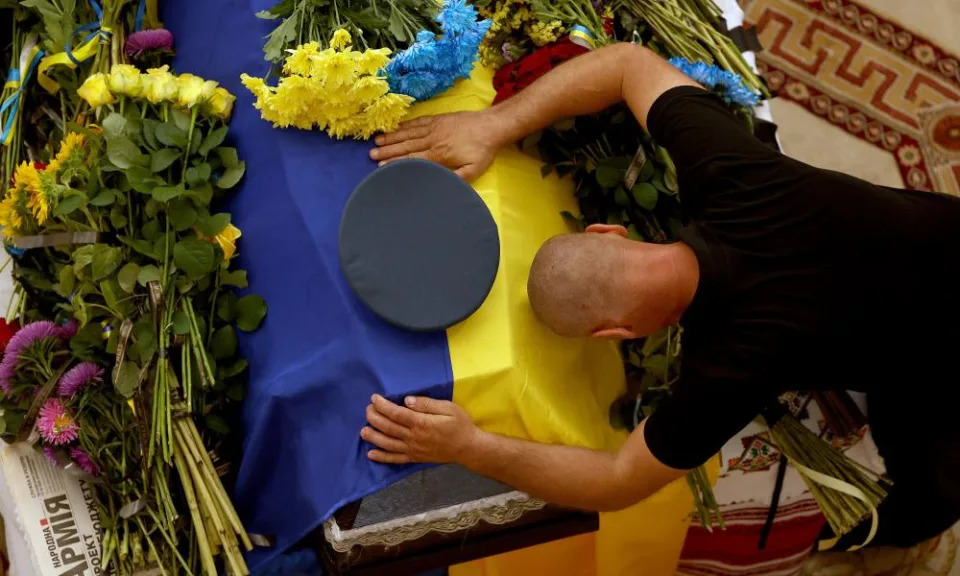SCOTLAND
Juryless rape trials may be unlawful and breach human rights, SNP warned by senior judgesSimon Johnson
Sun, 24 September 2023
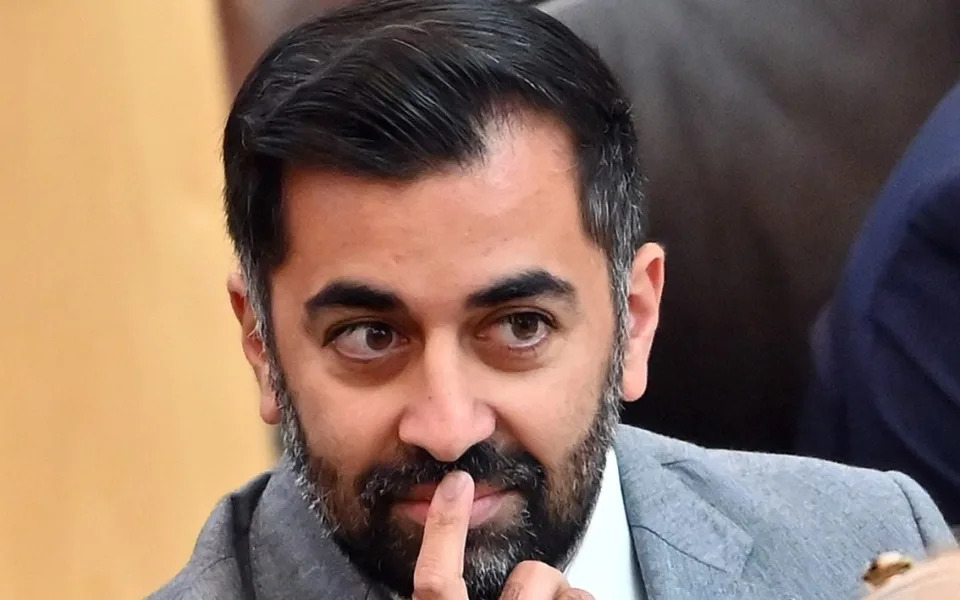
Humza Yousaf backed the pilot scheme citing the 'weight of evidence' - Ken Jack/Getty
Scotland’s most senior judges have warned the SNP plan to pilot juryless rape trials may be unlawful and breach the accused’s human rights.
The Senators of the College of Justice at the Supreme Courts said it could be argued that the pilot scheme was “a court set up by the government with a limited lifespan, and subject to examination and review by the government”.
This could strip the court of its status as an “independent tribunal”, they warned, exceeding the powers of the Scottish Parliament and breaching the right to a fair trial under the European Convention on Human Rights (ECHR).
They also argued that “the combination of such a court with judges who have no security of tenure in that court may not satisfy the requirements of a fair trial”.
Under the current proposals, they said a judge could be removed from the scheme “for any or no reason and with no prior procedure other than consultation”.
Jurors of differing ages
They also argued that it is preferable for a decision to be reached collectively by jurors of differing ages and backgrounds than a single judge, most of whom they said are white, male and in “late middle age”.
The submission by judges who sit in the Court of Session, the High Court and the Court of Criminal Appeal was among almost 250 made to a Holyrood inquiry into the plans.
Although it made clear that some senior judges support juryless rape trials, it followed warnings from the Law Society of Scotland that they pose a “serious” risk to the presumption of innocence and the right to a fair trial.
SNP ministers want to overhaul how sexual offences are tried in Scotland, warning that the “substantially lower” conviction rate risks undermining public confidence in the justice system.
The Scottish Government’s Victims, Witnesses and Justice Reform (Scotland) Bill gives ministers the power to “enable a pilot of single judge rape and attempted rape trials” to be conducted without a jury “for a time limited period”.
The legislation would also establish a specialist sexual offences court, scrap the not proven verdict and reduce the number of jurors from 15 to 12.
Humza Yousaf, the First Minister, has backed the pilot, citing a “weight of evidence” that juries are affected by “rape myths” that lead them to unjustly acquitting the accused.
The latter term refers to stereotyped prejudices in rape cases, such as jurors wrongly believing that the victim “asked for it” by being drunk or seductive.
Holyrood’s criminal justice committee is examining the plans and on Wednesday will hear evidence from Angela Constance, the SNP’s justice secretary.
Security of tenure essential
In their submission to the committee, the Senators said the Bill gives the Lord Justice General, the most senior judge in Scotland, the power to remove a judge sitting presiding over one of the new sexual offence courts.
This may constitute “interference with a judge’s security of tenure”, they warned, and Article 6 of the ECHR “requires an accused person to be tried by an independent and impartial tribunal established by law”.
They cited case law that held that “security of tenure was essential for judicial independence” and said the lack of this in the new courts could be sufficient to render them “neither independent nor impartial”.
The judges opposed to the pilot scheme also questioned the Scottish Government’s claim that rape myths among jurors were partly responsible for low conviction rates.
“Given that the accused is asserting that there was consent, it is not surprising that on some occasions the jury finds that there is reasonable doubt about what happened. That is inevitable,” they concluded.
They added: “The majority of judges are in late middle age, male, from a white Scottish ethnic background and are educated to university level.
“Many would argue that a number of people from differing backgrounds and ages combining to reach a decision is preferable to one person deciding alone.”
A spokesman for the Scottish Government said: “The Senators of the Colleges of Justice response clearly sets out that there was not one view held on the proposal for the pilot with some supportive and some not.
“The proposed pilot is in in response to a recommendation of a review carried out by Lady Dorrian, Scotland’s second most senior judge, to improve how the justice system treats rape victims by piloting judge only rape trials.”



